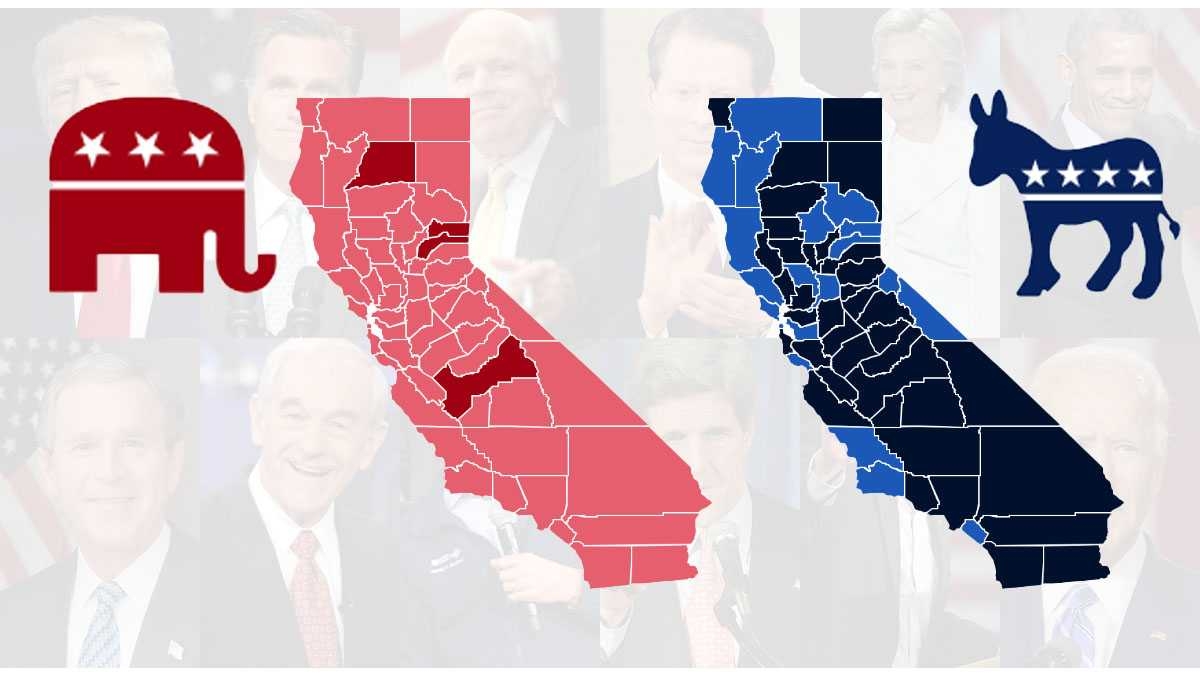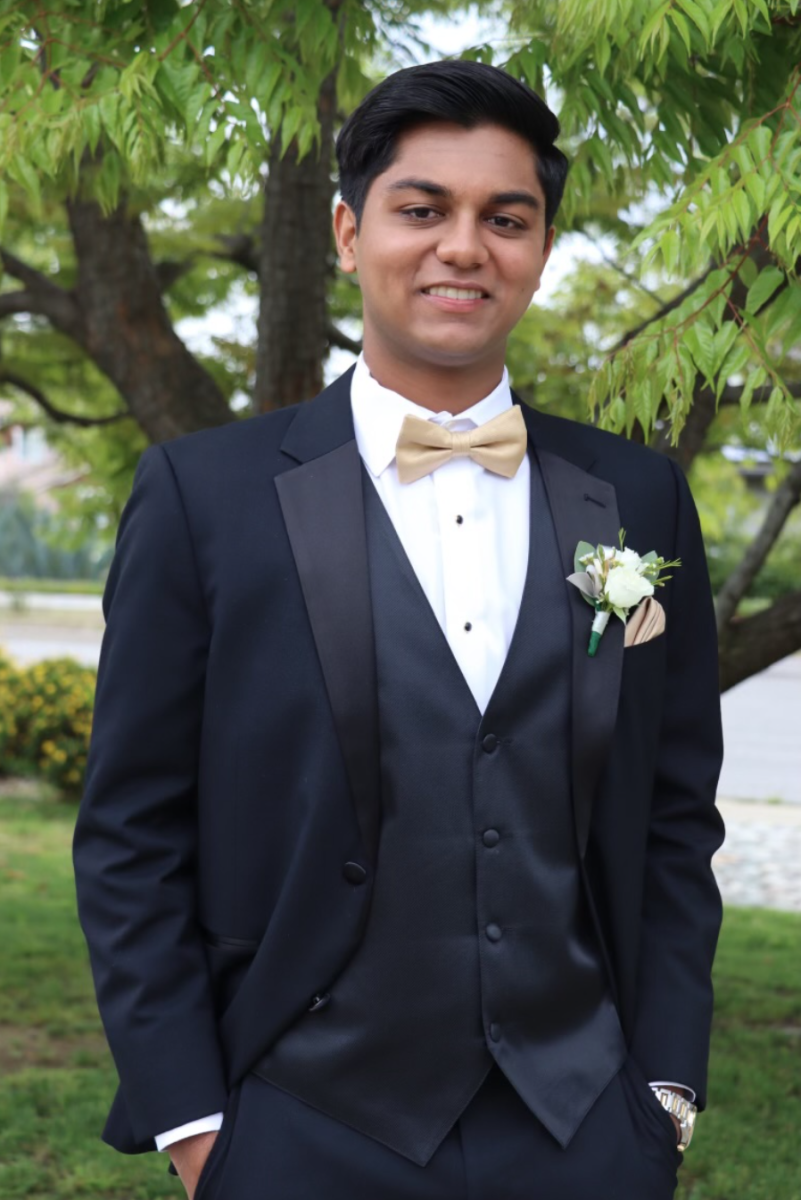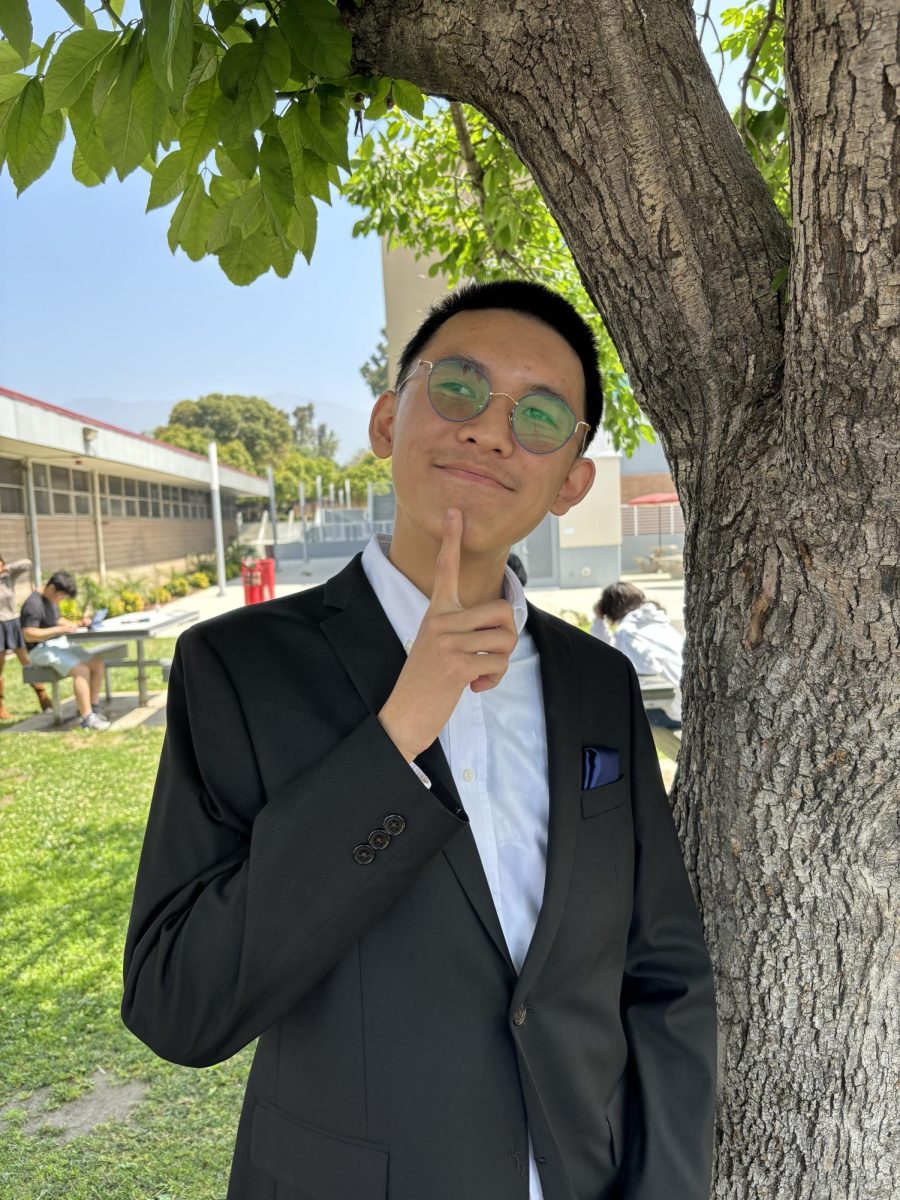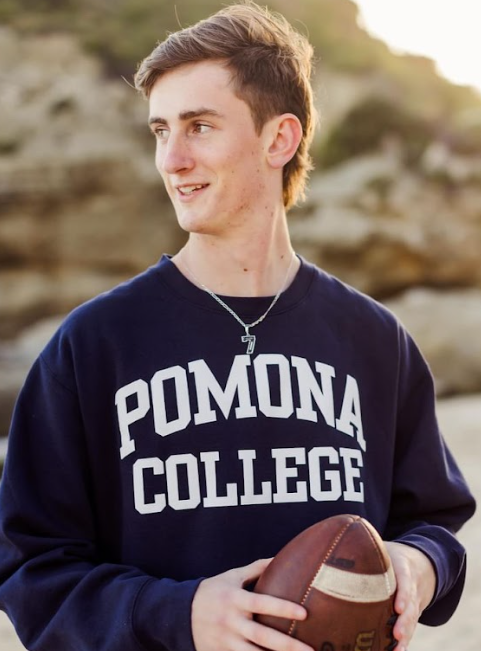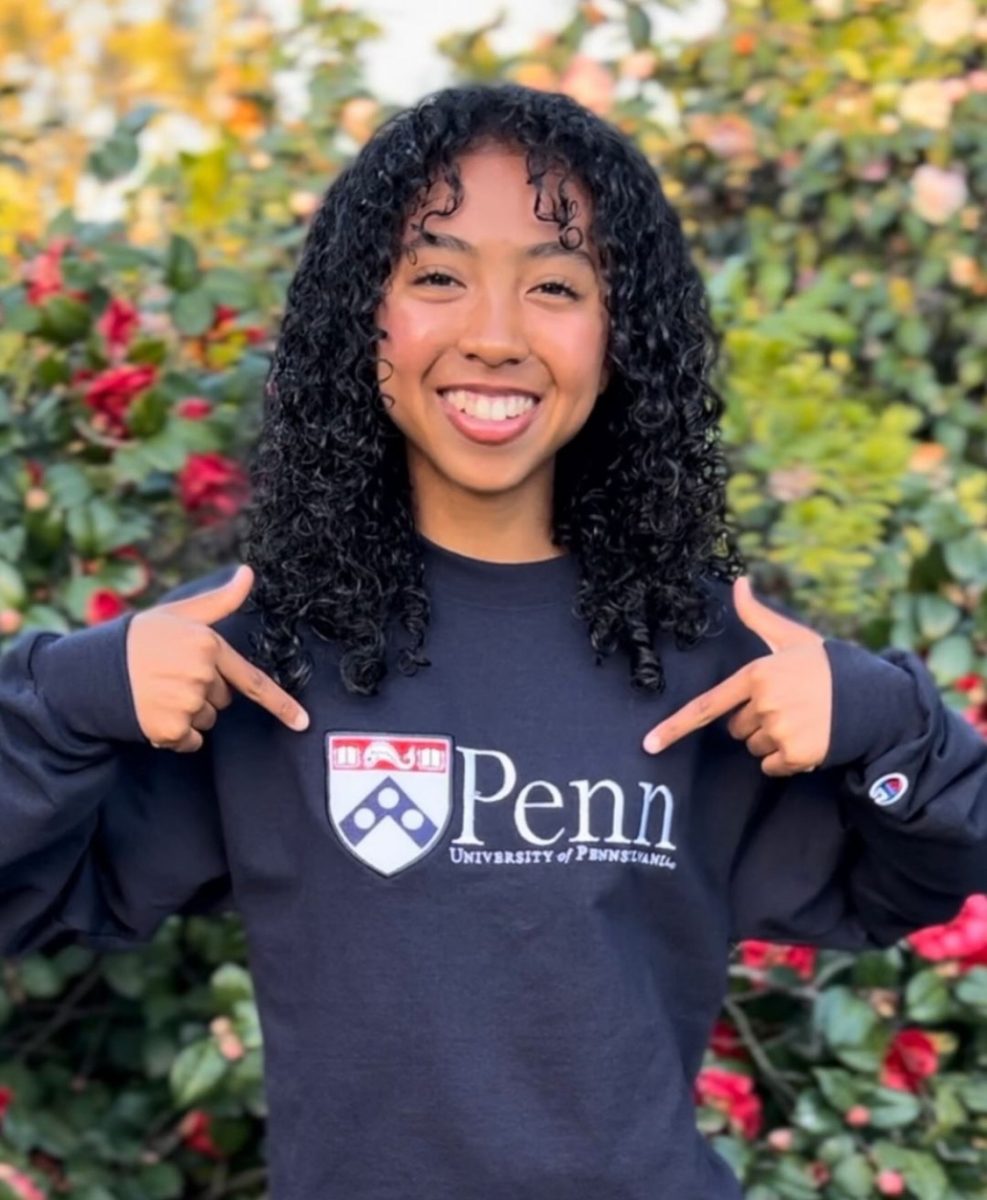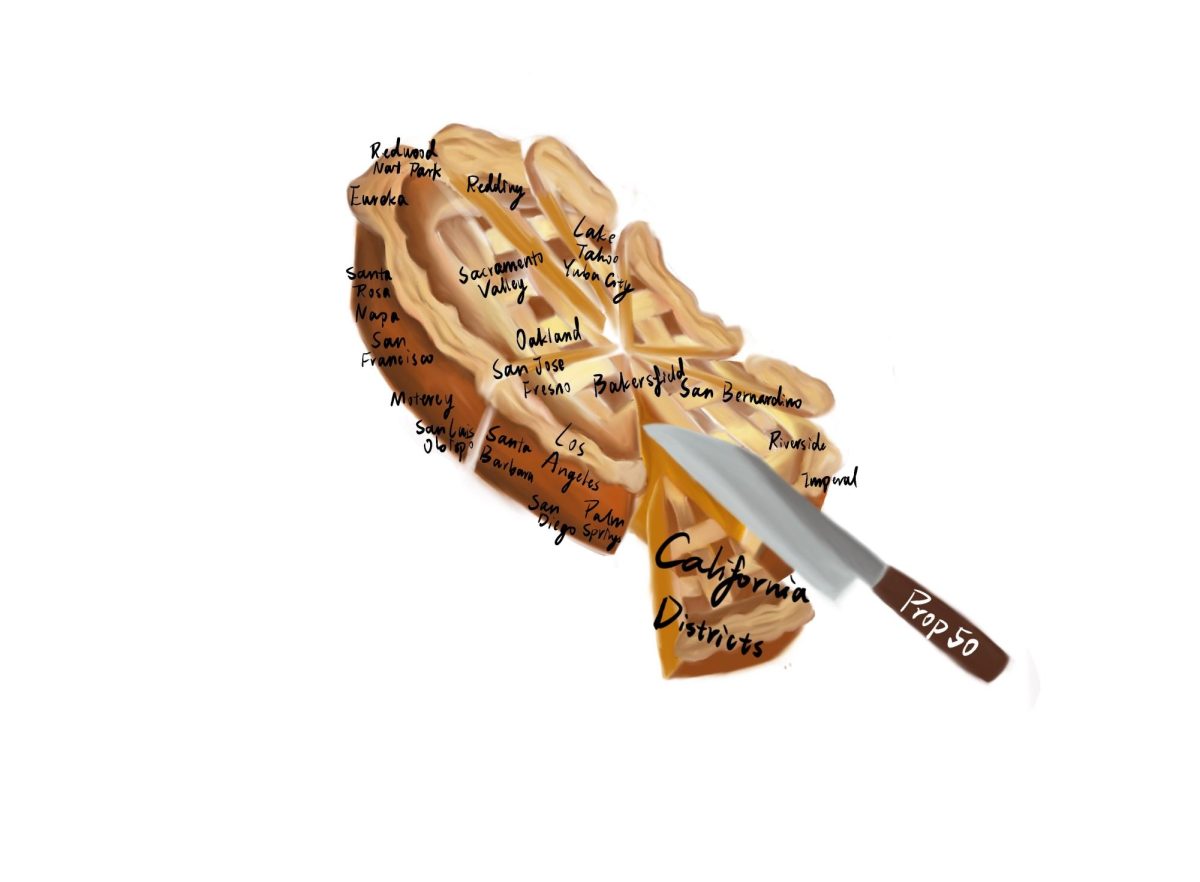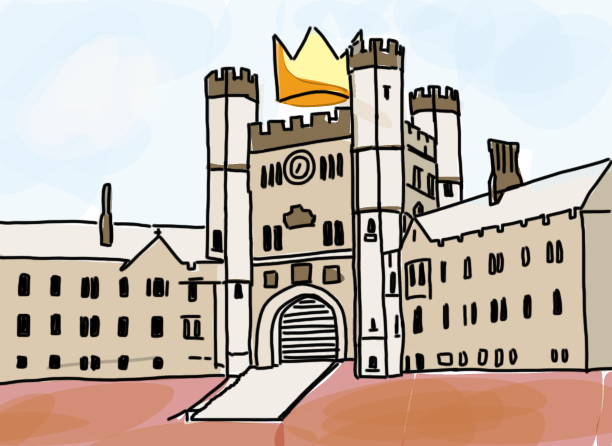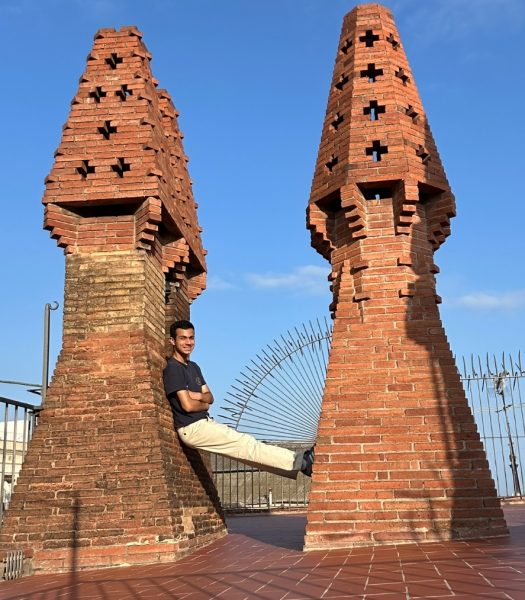A democracy is of the people, by the people, and for the people. At the core of democracy, it is the people who decide what policies to support and who to champion those policies. Unfortunately, the public often find themselves unsure of where their vote ought to go because they are not aware of who supports what. Recently, the need for familiarity with candidates has become evident with the results of the California primary election.
Held every four years in line with the Presidential election, the California primary, held on Super Tuesday in March along with primaries in many other states, is used to decide which two candidates will later contend in the November 5th General election. Though, practically everyone reading this article cannot vote in a primary that has already passed anyway, it is still worth knowing which candidates are going to step up to each of these positions. That way, future voters have security in who they support, making this state government one that is by, of, and for the people.
The most important public office up for grabs in this primary on Super Tuesday is that of the late Senator Diane Feinstein who passed away last September. Her position as one of two California Senators for more than three decades has made debate spark up over who is best fit to take the seat in Congress. On Super Tuesday , Californians gave the overwhelming majority of votes to two men: Republican candidate Steve Garvey and Democratic candidate Adam Schiff. Garvey beat out Schiff by just under 5000 votes—not decisive towards the final general election but a surprising turn of events nonetheless for the Democrat-leaning California. On top of this, he was actually a professional baseball player for the Los Angeles Dodgers and San Diego Padres who only started a career in politics when he quit baseball for good. However, he has developed a very strong conservative stance on California’s biggest issues, arguing to shut down the southern border to all immigration, keeping the minimum wage for the whole country at $7.25, opposing nuclear energy in favor of keeping gas and oil, and vocalizing his support for presidential candidate Donald Trump since 2016. Schiff, conversely, has already been a Congressman since the year 2000 and has demonstrated a strong progressive view on the exact same issues by touting promises of resources to migrants, a $20 minimum wage, alternative energy sources, and even leveraging Garvey’s support of Trump as an overtly bad thing in advertising.
On the opposite side of Congress, there are at least eight competitive Congressional districts where politicians are fighting for a spot in the House Of Representatives. These positions seem to be going to racial justice organizer and activist Lateefah Simon from Oakland in District 12, San Jose mayor Sam Liccardo from District 16, State Senator Vince Fong from Kern County in District 20, incumbent Central Valley Congressman David Valadao from District 22, State Assemblywoman Luz Rivas from San Fernando in District 29, State Assemblywoman and former Mayor of Glendale Laura Friedman from District 30, former national Undersecretary of Defense Gil Cisneros in District 31, and State Assemblyman Scott Baugh from Orange County in District 47. None of these officials have officially gotten the title of public office, but are currently expected to beat their second place opponent in the general election later this year.
Though this article has hopefully aided anyone voting in the future general election, there is a great deal more to know about these wonderful people taking up office. Garvey and Schiff, and everyone running for the House Of Representatives, have involved themselves in various conferences discussing their policies in depth. Above all else, they are available to message and speak to on social media if you do not understand their views or simply want to appreciate the work they do. People might feel intimidated by the prospect of messaging them, but there is no reason to be; in fact, it is only through direct communication that we may get to know our candidates and they, in turn, their constituency. It is only in that kind of grassroots engagement seen in things like the California primary that we can actually make a representative government by, of, and for the people.



